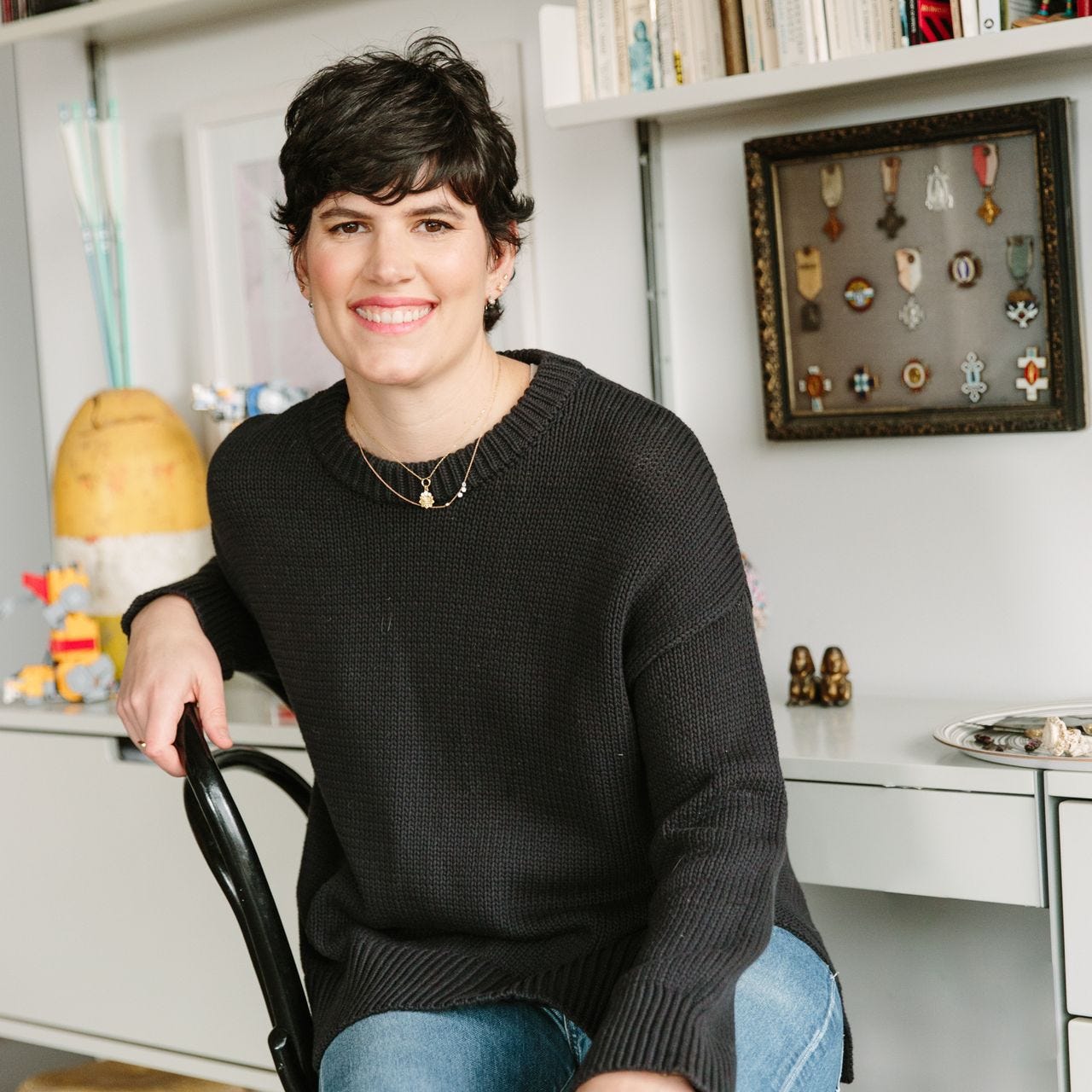My Unofficial Investigation of Male Podcasters (Solo Episode)
Listen now (48 mins) | For November’s solo episode, listeners mostly asked me about the larger spiritual moment we might be part of at this moment in time—so I’m sharing some thoughts on that...
You can also find this episode on Spotify, or wherever you get your podcasts.
EPISODE TRANSCRIPT:
Hi. Hi. Hi. I am back for my next solo.
This is, it seems going to be a recurring fifth episode a month every Monday the last week of the month for those of you who are counting, and this has been fun. I have to say they're not necessarily the most listened to…
Keep reading with a 7-day free trial
Subscribe to Pulling the Thread with Elise Loehnen to keep reading this post and get 7 days of free access to the full post archives.





